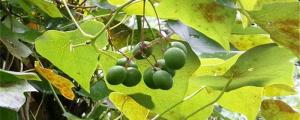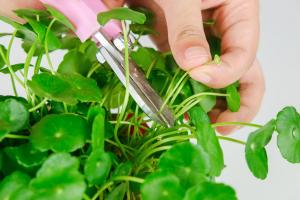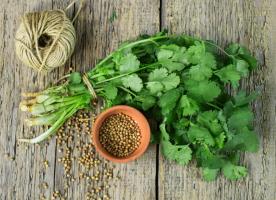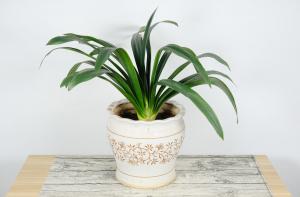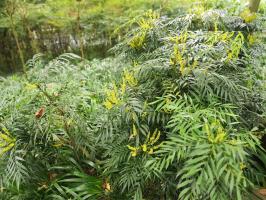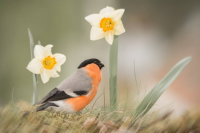1、 Curing method
1. Temperature: sweet potato likes a warm growth environment, and the temperature must not be too low, so generally, greenhouse will be selected for breeding in winter,. The normal temperature is controlled between 22 and 25 degrees, and the temperature cannot be lower than 15 degrees. At the same time, if it is lower than 10 degrees, it will be frostbitten. The temperature in summer should not exceed 38 degrees
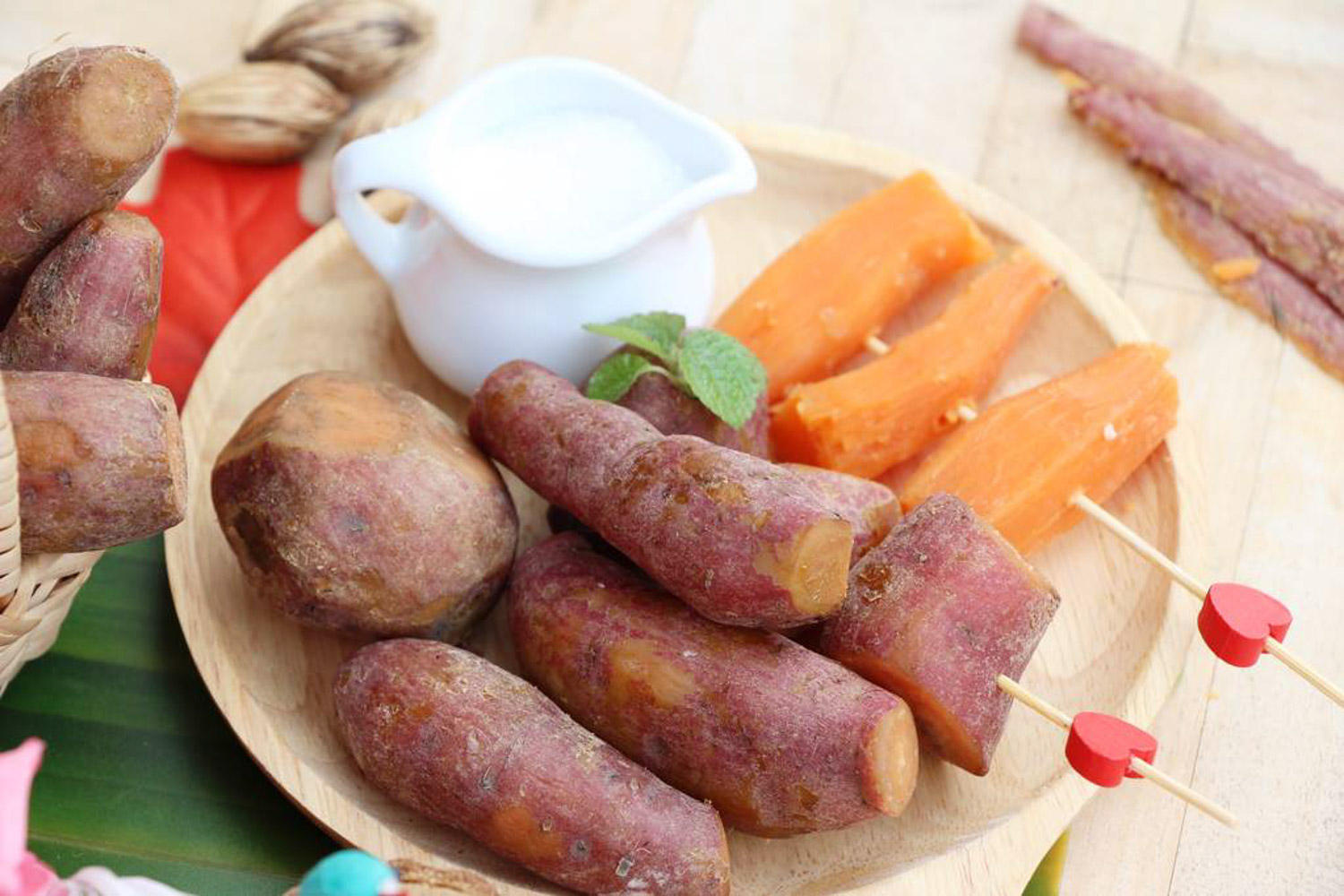
2. Watering: it is necessary to provide sufficient water during the seedling, which can promote the growth rate of the plant, and maintain sufficient water during the growth period. However, in the rainy season, drainage shall be done to avoid ponding and rotten roots, so as to greatly reduce the yield of stem blocks

3. Light: sweet potato is a light loving plant. Sufficient and warm sunshine is most suitable for it. It can make the stem grow rapidly, the sugar will be accumulated, and it is more nutritious. The strong light in summer can also be well absorbed. If the light is not enough, the growth condition of the plant will be affected to some extent, the fruit will not be very strong, and the number of stem blocks will be reduced
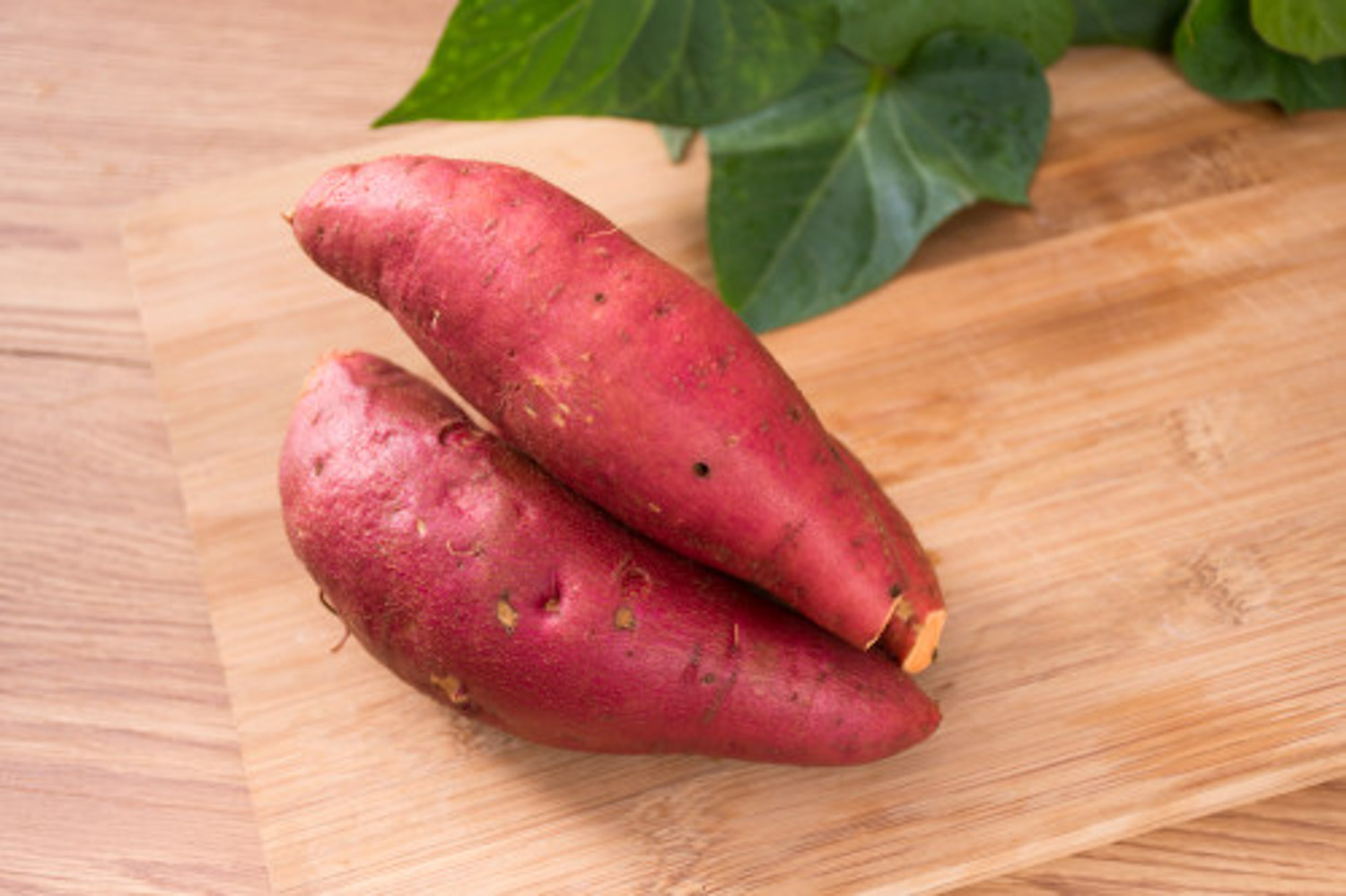
4. Fertilization: the growth of sweet potato is inseparable from fertilization, and it needs to be fertilized from time to time, mainly nitrogen, phosphorus and potassium compound fertilizer. However, it should be noted that sweet potato likes potassium fertilizer most, so pay attention to the proportion when fertilizing, and the proportion of potassium fertilizer should be the most
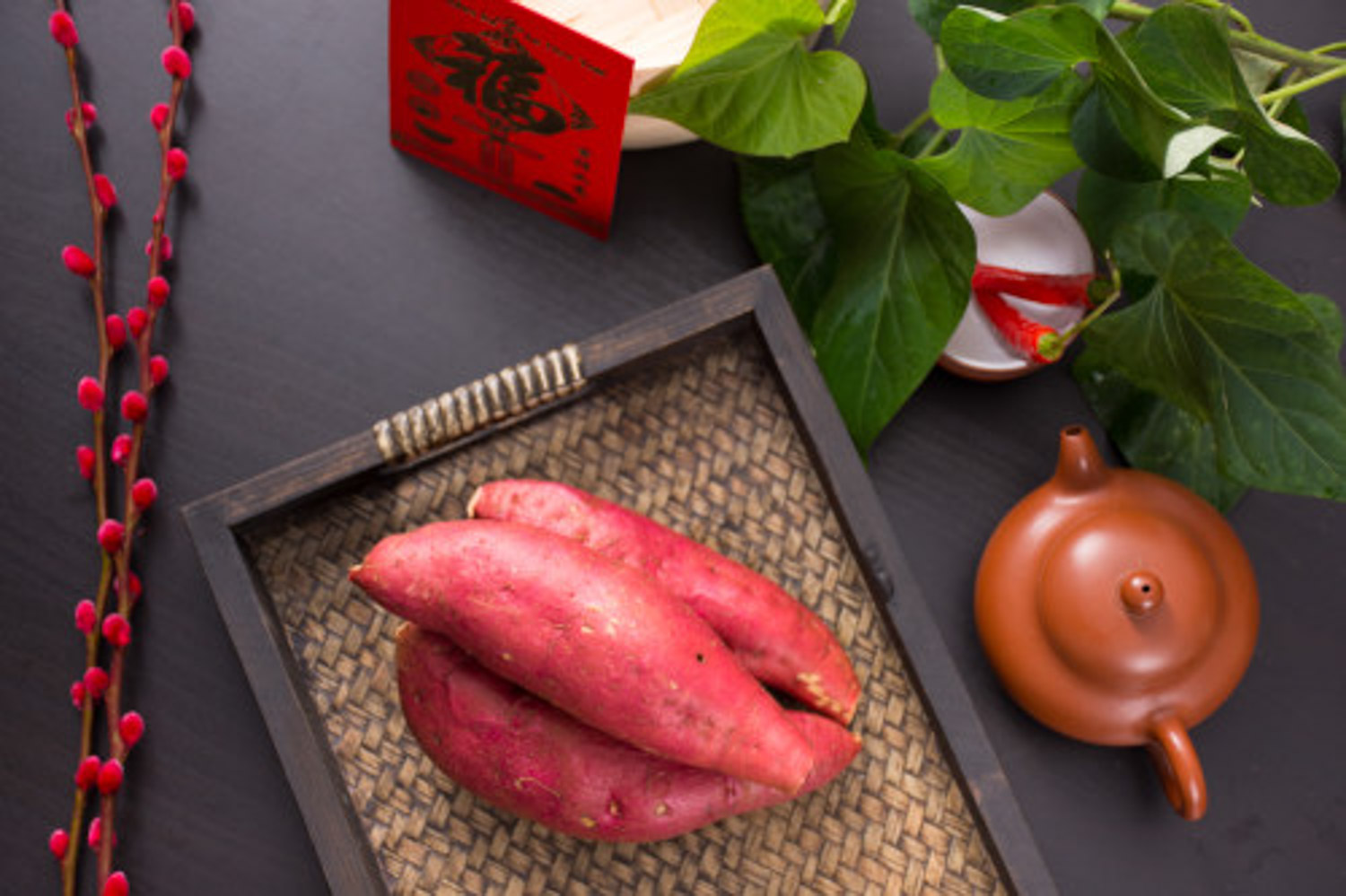
2、 Breeding skills
1. Propagation: seedling raising is the main way of sweet potato. When raising seedlings, it is necessary to select a good variety of sweet potato, and then the fast quality of each potato is about 100g. The planting interval should not be too close, and at the same time, it should not be buried too deep, otherwise it will affect its emergence. Then, keep the environmental temperature between 25 ℃ and 30 ℃, and cut it off and plant it when the seedlings grow about six leaves
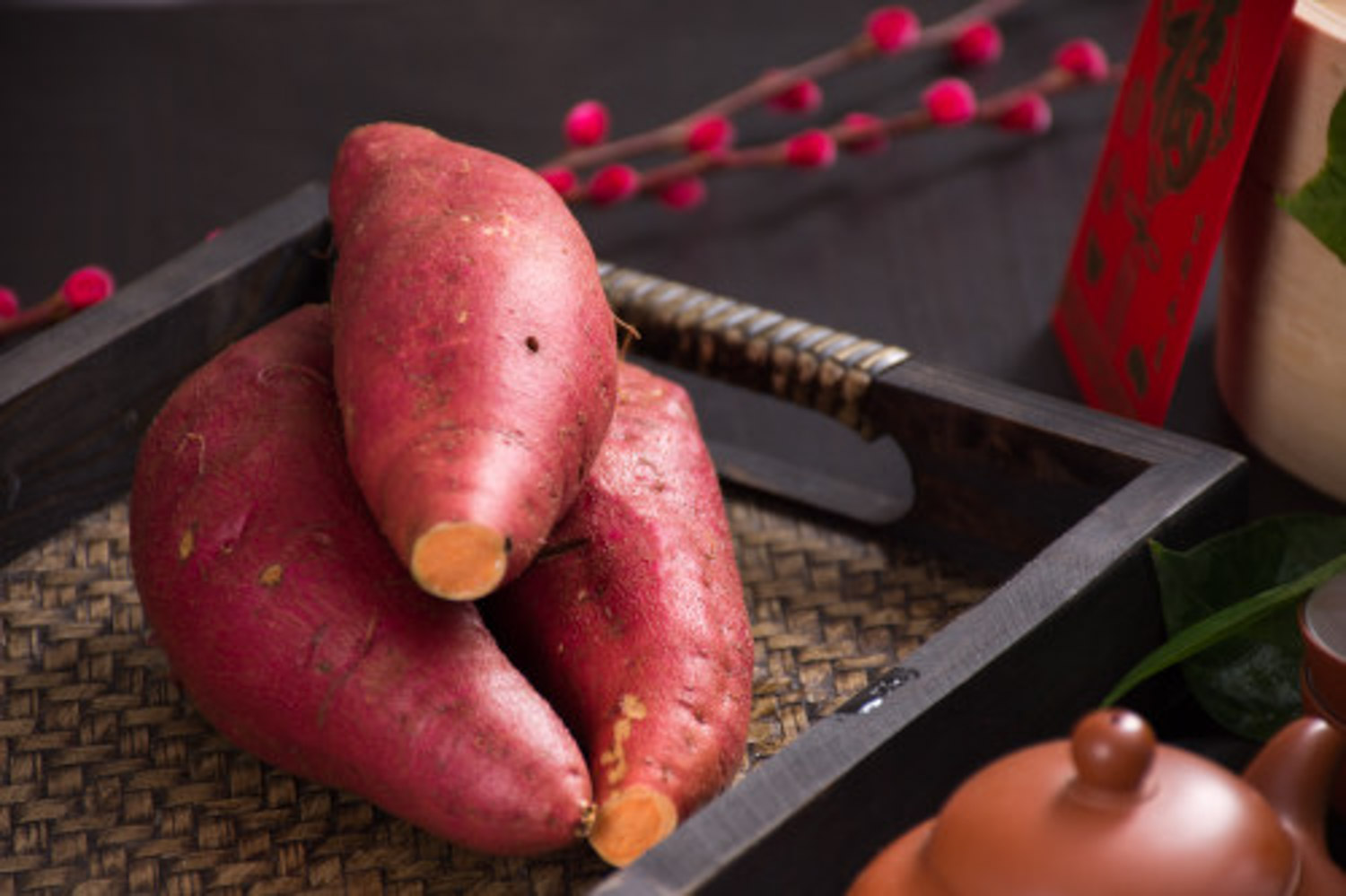
2. Pruning: there is no need to prune, because the last thing is its stem, which has no great effect on its branches and leaves, and has no ornamental value
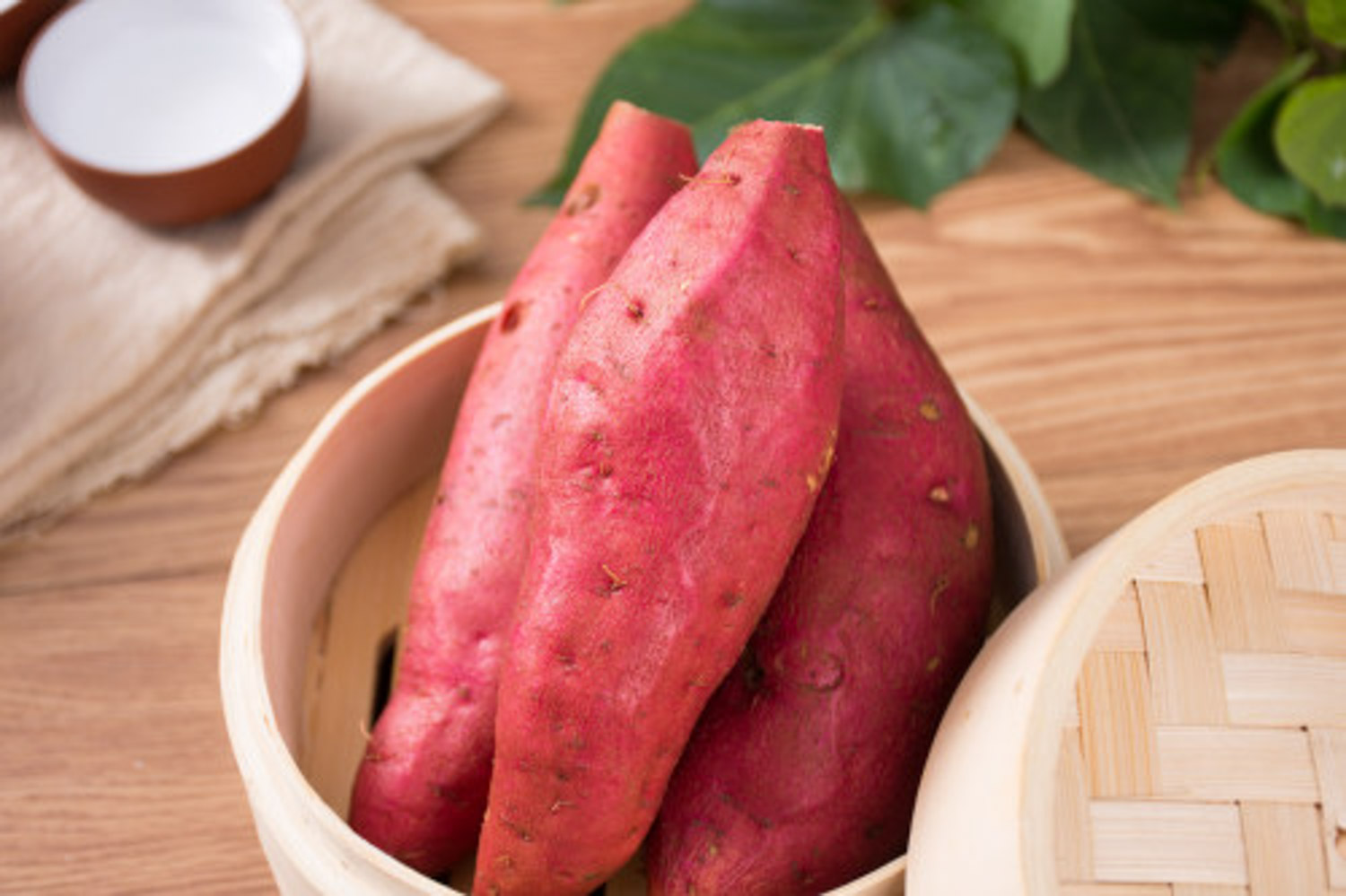
3、 Diagnosis and treatment problems
1. Disease: black spot will appear. This disease will cause spots on the stem of the plant, which will affect the normal sales and consumption. Carbendazim solution can be used to control and prevent it
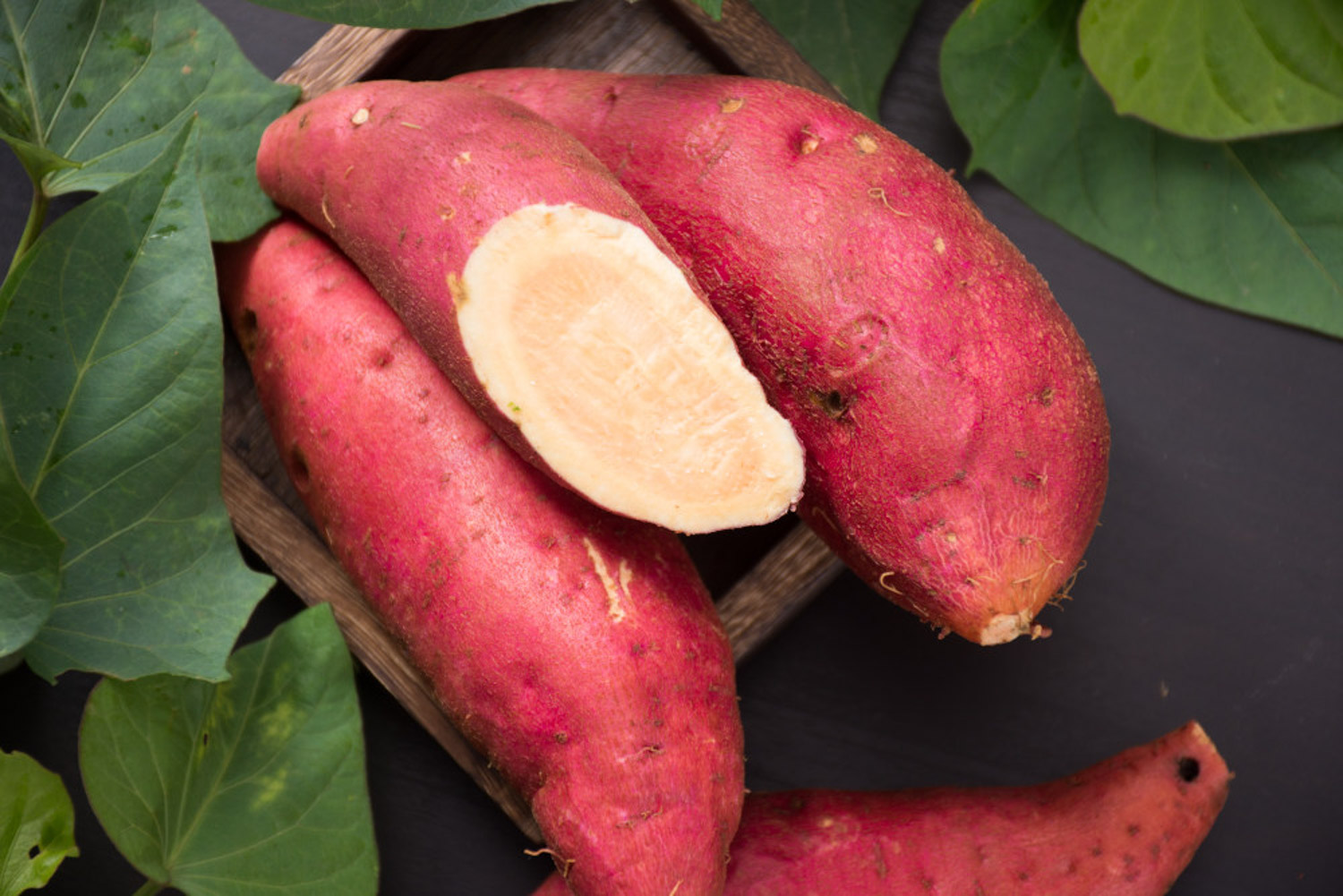
2. Insect pests: Spodoptera litura will appear, and it will also affect the final fruit. It can be sprayed with trichlorfon solution for control
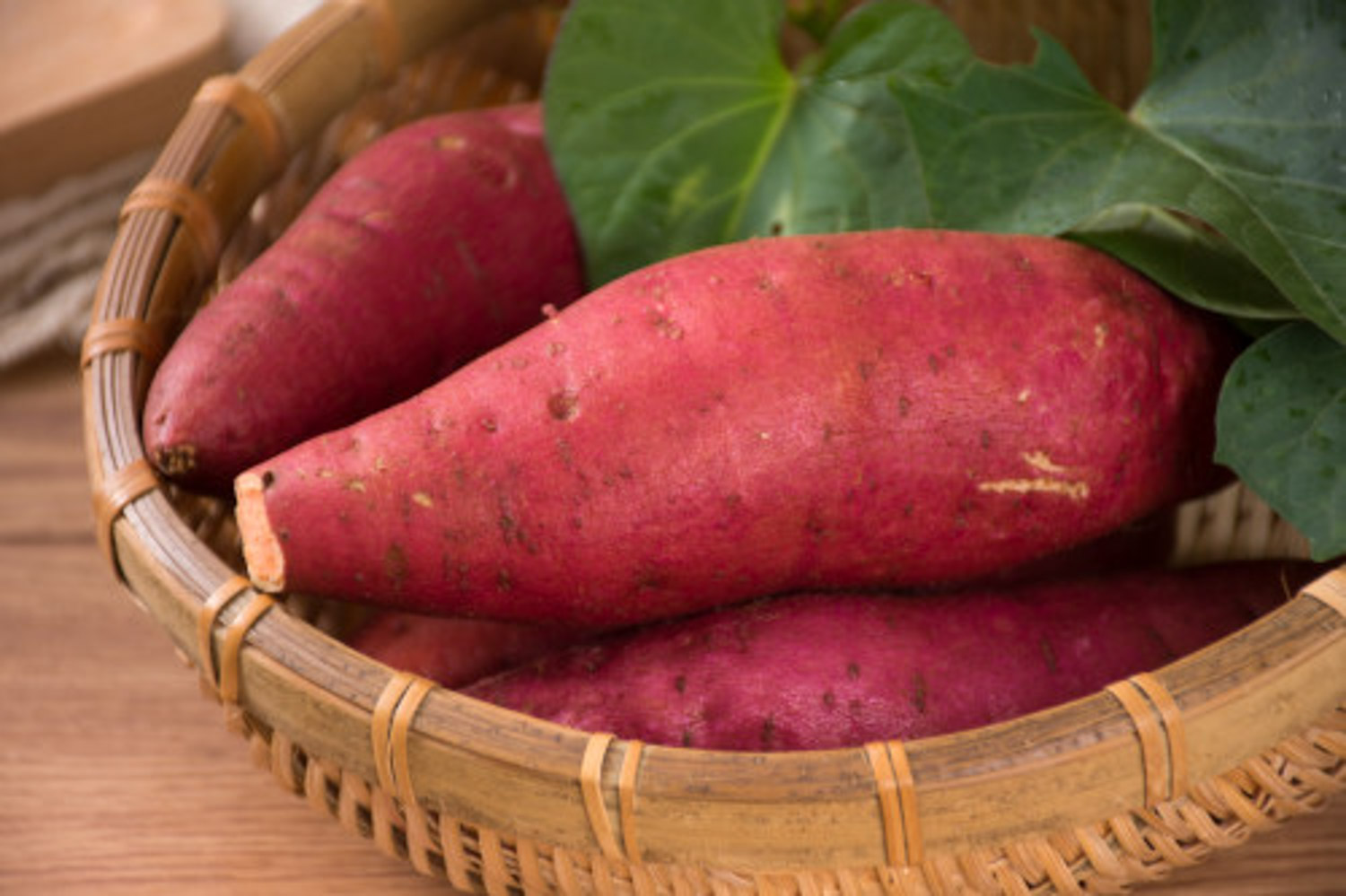
4、 Other issues
1. Toxicity: no poison, edible, safe to breed
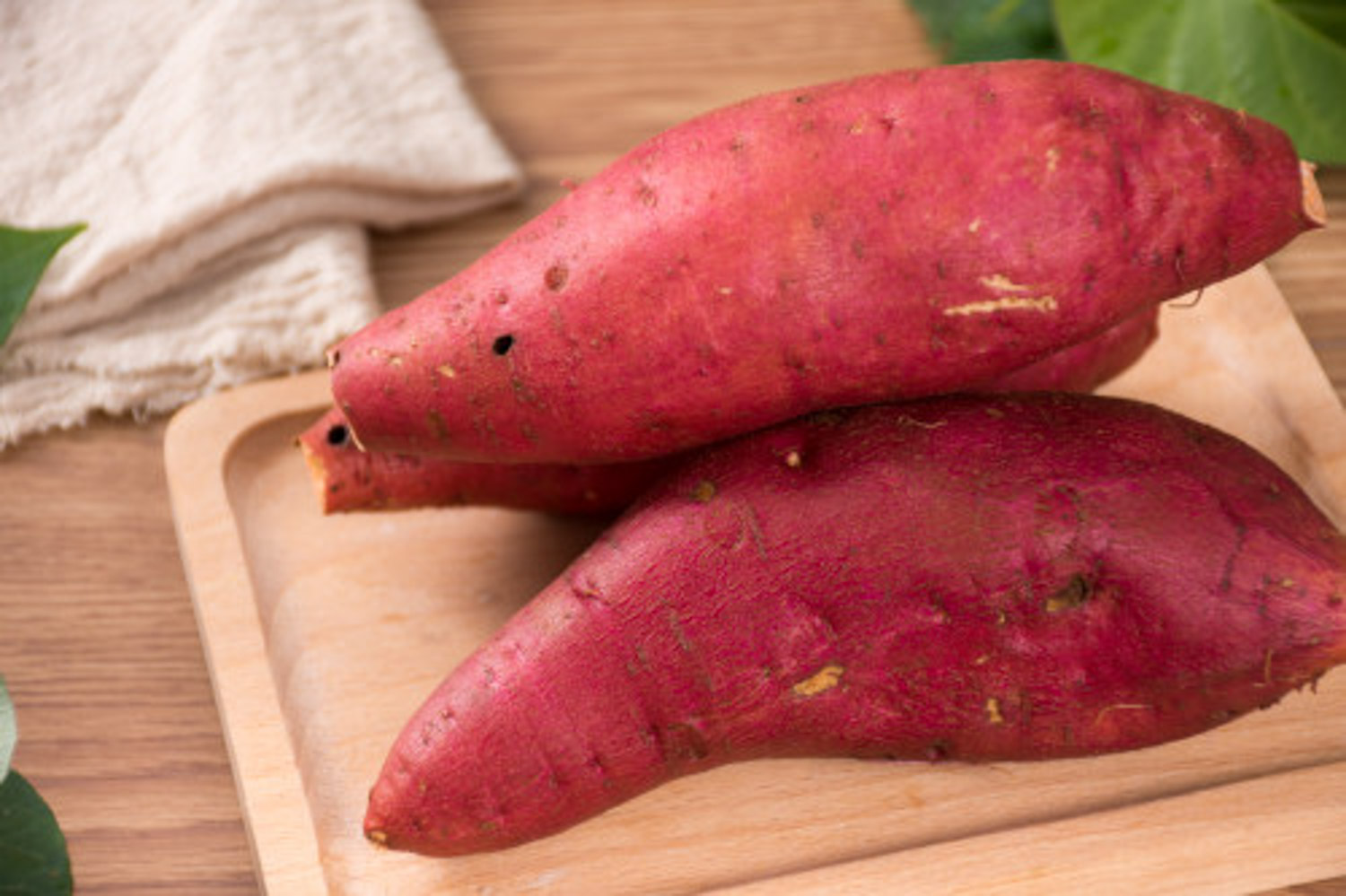
2. Whether it can be raised at home: not suitable. It is a crop. Generally, it is most suitable to breed in the countryside
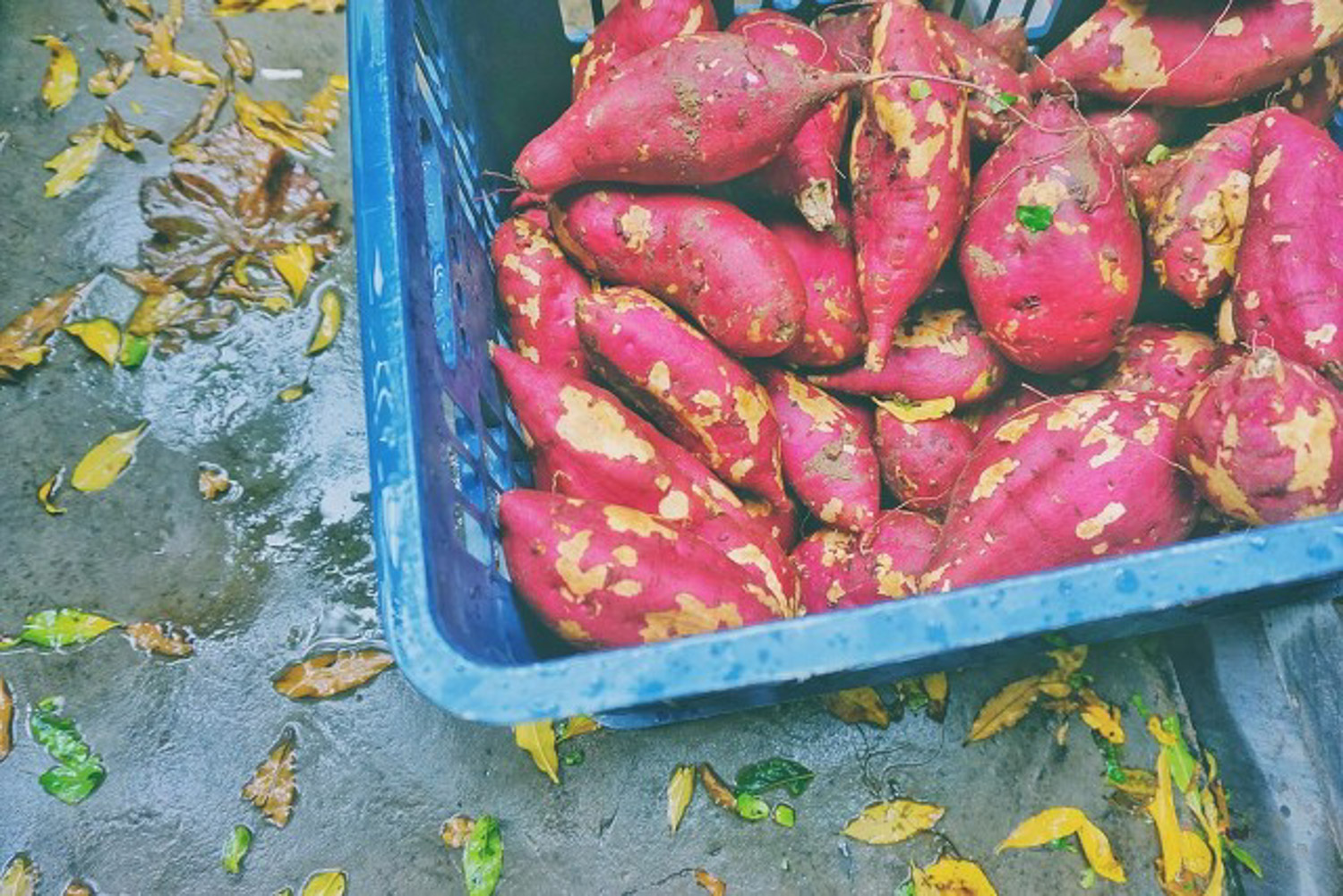

 jackfruit
jackfruit snake plant
snake plant hibiscus
hibiscus hydrangea
hydrangea lavender
lavender Green roses climb al...
Green roses climb al... If you don't pay att...
If you don't pay att... Management of four g...
Management of four g...
